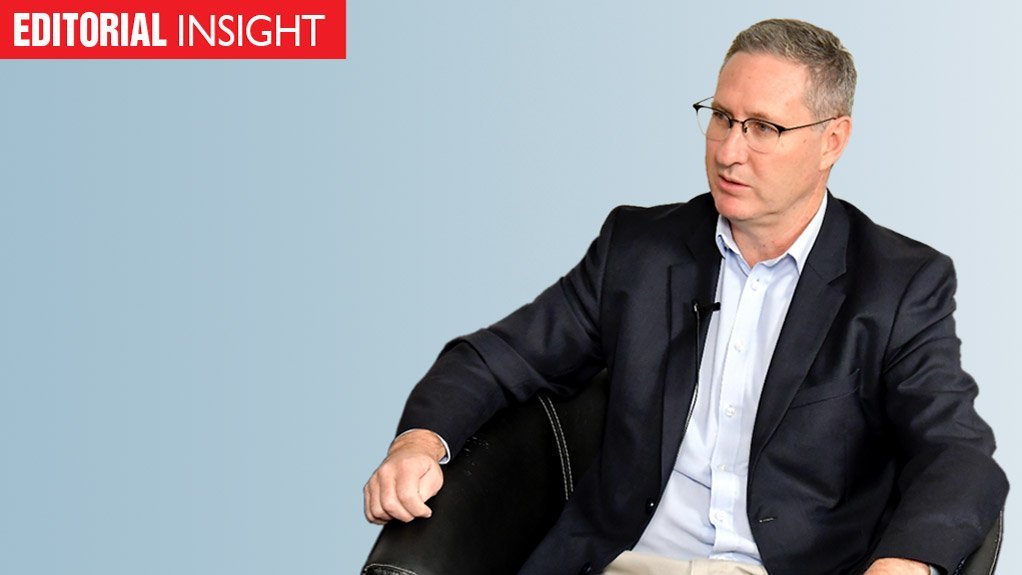The assignment of shareholder responsibilities for State-owned enterprises (SOEs) that previously fell under the Department of Public Enterprises (DPE) to line departments is an important, yet potentially perilous, development.
Under this new political-governance arrangement, the major infrastructure SOEs of Eskom and Transnet have been moved to the Minister of Electricity and Energy and the Minister of Transport respectively.
It is not unusual for SOEs to fall under line ministries, with the Central Energy Fund companies, the South African National Roads Agency Limited, and even the Development Bank of Southern Africa and the Industrial Development Corporation among those reporting to policy departments.
However, they were placed under the DPE because they were considered to be the largest and most economically significant. This is sadly no longer the case for some of the SOEs transferred, such as South African Airways, which are shadows of their former selves.
More importantly, however, they are in sectors where wider economic policy leadership, beyond just the interests of specific SOEs, is vital. As such, it was best practice to separate government’s shareholder and policy responsibilities. For example, in developing South Africa’s energy and logistics policies, the Energy and Transport Ministers’ mandates are to implement policies to stimulate growth for the economy as a whole. There is a danger that under the governance of line departments they will now be constrained to think primarily about the interests and performance of Eskom and Transnet.
Both SOEs remain central to economic growth and development, and there is broad-based agreement that neither one has performed effectively over the past number of years, during which their structures were penetrated by a criminal element that exploited the SOEs for self-enrichment.
The cancer of corruption did not only damage the SOEs themselves but metastasised to the broader economy, which has been crippled by intense loadshedding and a collapsing freight logistics system. These self-inflicted wounds weakened South Africa to the point where it became impossible to recover naturally from the devastation of the Global Economic Crisis of 2008/9 and the Covid-19 pandemic. Instead, the country has medicated itself using debt and bail-outs and the medicine cabinet is now bare.
Therefore, the Government of National Unity has agreed to pick up from where the previous administration left off in seeking to lean on private capital and skills to drive the economic recovery and build the infrastructure needed to help address the country’s social problems.
In such a context, good governance, including good political governance, of the major infrastructure SOEs is imperative. Ideally, South Africa should be at a point where these SOEs are governed outside of any department, as is envisaged with the Holding Company structure.
Given the delays in establishing such a structure, however, we have arrived at an outcome that raises the potential for serious conflicts of interest. Should policymakers again conflate the commercial welfare of the SOEs with the needs of the sector and wider economy, we will all feel the brunt.
Edited by: Terence Creamer
Creamer Media Editor
EMAIL THIS ARTICLE SAVE THIS ARTICLE
ARTICLE ENQUIRY
To subscribe email subscriptions@creamermedia.co.za or click here
To advertise email advertising@creamermedia.co.za or click here













